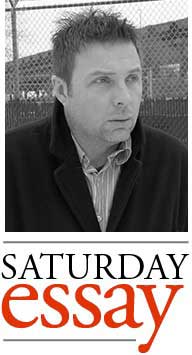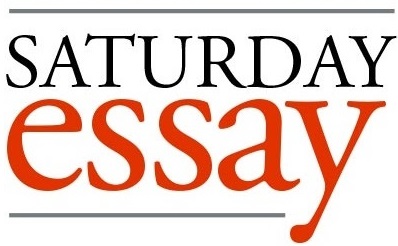Ripped at Goodsports Bar & Grill in 2001
 [Editor’s note: For this week’s essay we’ve once again pulled out a relic from the archive of Slim Goodbuzz, who visited Goodsports Bar & Grill at 2827 Oakes Ave. in Superior and penned this report for the Feb. 7, 2001 issue of the Ripsaw newspaper. The former Goodsports location became home to Ace’s on 29th in 2009.]
[Editor’s note: For this week’s essay we’ve once again pulled out a relic from the archive of Slim Goodbuzz, who visited Goodsports Bar & Grill at 2827 Oakes Ave. in Superior and penned this report for the Feb. 7, 2001 issue of the Ripsaw newspaper. The former Goodsports location became home to Ace’s on 29th in 2009.]
I’ve discovered something. I was afraid to mention it over the past month because I didn’t want you sorry sheep following me around. But now that the 2000–2001 Superior Boot Hockey League season is over, I think it’s safe to let you know: Goodsports Bar & Grill rocks.
You probably don’t believe me, and you shouldn’t. Goodsports? What can be good about another sports bar with a bazillion televisions and the same old burger menu and Viking/Packer décor?
Well, let me explain: While hockey players are definitely some of the most annoying people in the world, the sport of hockey is sweet. It’s fast, it’s violent and it involves incredible skill. Best of all, there’s no marching band at halftime and no seventh-inning sing-along. Between periods, some goober drives a big tank in circles.

















